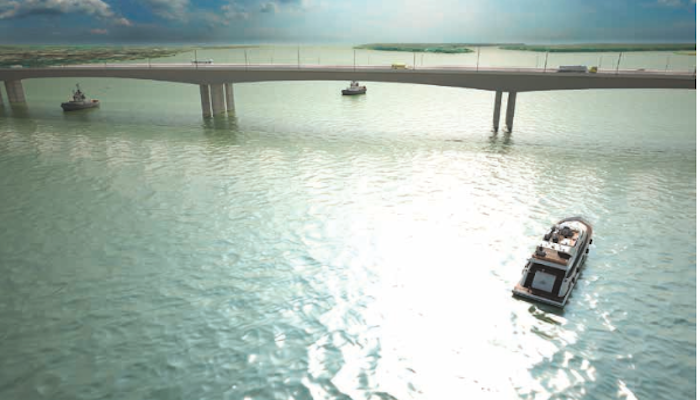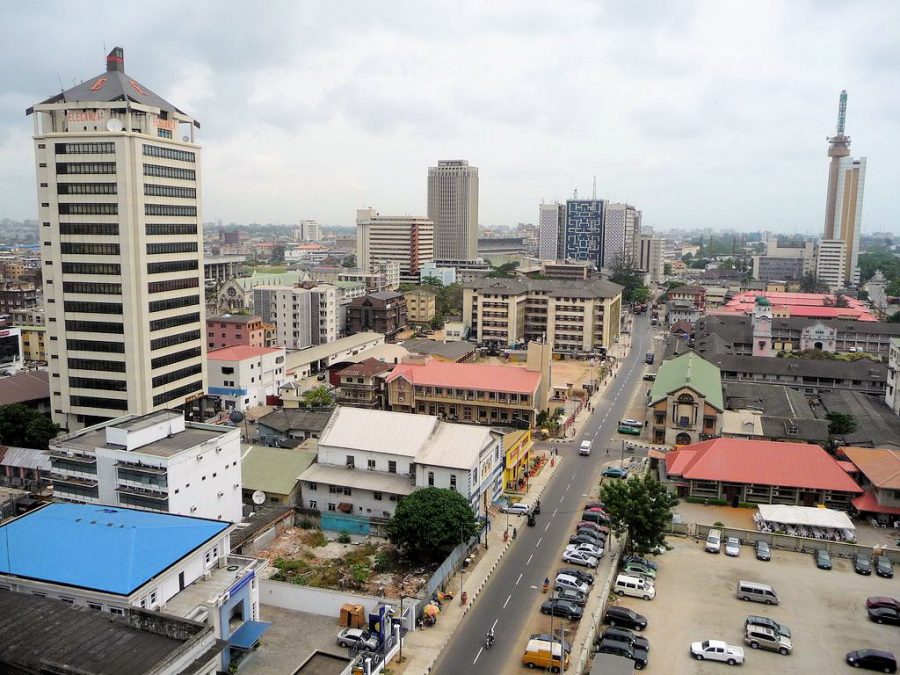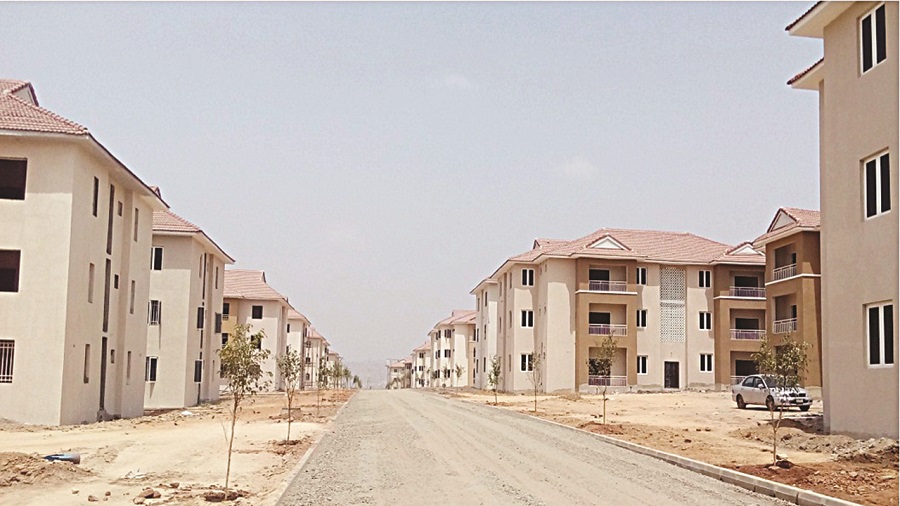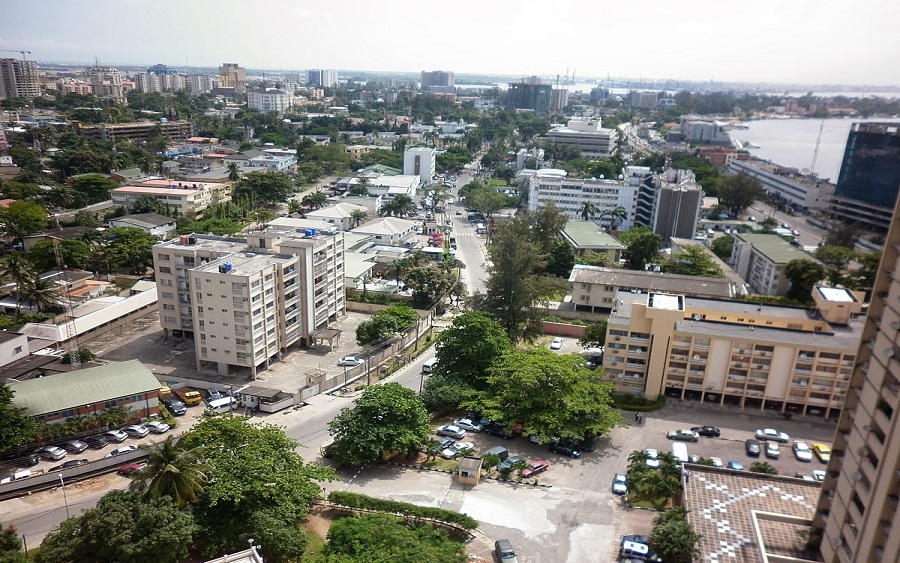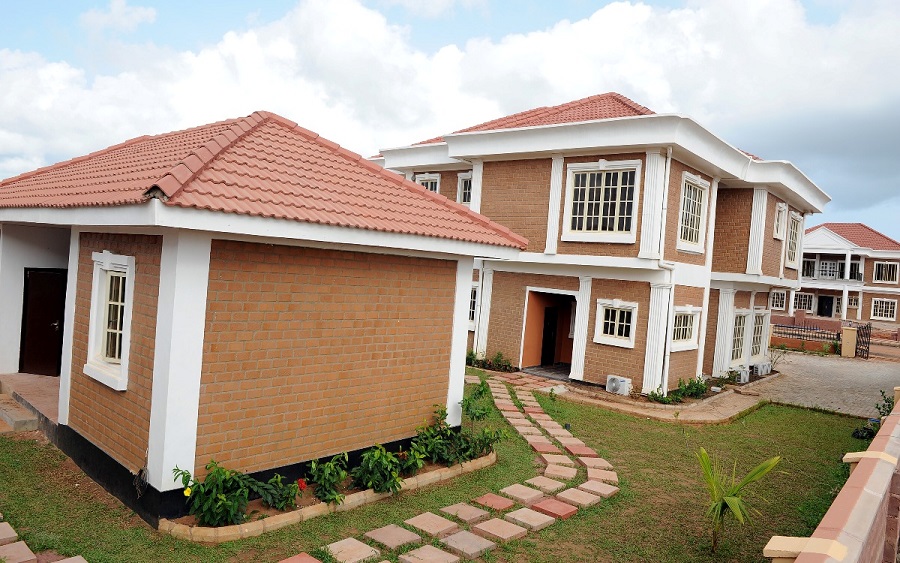President Buhari on Friday finally signed the 2016 Federal Budget which government officials believe will jump-start the Nigerian economy. The reason for this is the N434.4 billion provision for the capital projects to the Ministry of Works, Power and Housing. The government also promised to immediately release N350 billion for capital projects.
Whilst this is a welcome development, naysayers still believe that Nigeria’s infrastructural gap is way bigger than the current budgetary allocation for capital projects. To address this, the Minister for Finance Kemi Adeosun has revealed plans to get the Nigeria Sovereign Wealth Fund to be more involved in a private sector led funding for capital projects.
“The economic blueprint is very clear. We are going to invest in capital projects to ensure that we diversify this economy.
“We have been talking about diversification since I was a child and we haven’t achieved that.
“What the FG wants to do is reposition and have it (SWF) focused in line with government’s objectives which is investments in infrastructure.
“The government realised that even with 30 per cent of the budget earmarked for capital spending, the country’s infrastructure gap is so wide that government alone cannot bridge it.
“So what we are hoping is that the Sovereign Wealth Fund now becomes a channel to attract further private capital, particularly from investment funds abroad.
“We really want to focus on infrastructure – toll roads, bridges, power plants, things that would help the economy grow.”
The Nigerian SWF currently has about $400 million set aside for infrastructure in its Nigerian Infrastructure Fund and has an existing deployment ratio of 40% in Infrastructure Fund, 40% in Future Generations Fund and 20% in Stabilisation Fund.
. Back in 2013, it had a 5 year plan which it said was focused on
- National priority and potential for nationwide economic development impact
- Potential for attractive commercial and social returns
- Conducive regulatory environment and
- Ability to unlock private sector participation
Three years down the line not much has been achieved in the area of Infrastructure Development from the NSIA. A look at their press release accompanying the 2015 annual report suggest what they have been doing is merely signing of MOU’s with various third parties. The only tangible achievement last year was a mere N1.8 billion used to refinance mortgages.
A look at their balance sheet also reveals that out of a total asset of N213.6 billion the fund had about 76 percent (N164 billion) in investment securities and another N37.9 billion in cash. Profit for the year more than doubled to N11.7 billion representing a paltry 5.3% return on average equity
Perhaps with the searchlight now beamed on them, the NSIA can begin to play its role as a major driver of infrastructural development in Nigeria.


